
OR
KATHMANDU, July 20: The import of goats from India has been halted for four months now, after health examination certificates of the livestock was made mandatory for import.
The import stopped from mid-March after the traders failed to provide health examination certificate at the quarantine check posts.
According to Dr Modnath Gautam, veterinary officer at quarantine unit under the Department of Livestock Services, quarantine certificates have not been issued since March.
"We demanded the certificate to avoid import of diseased cattle, which is for consumption by the people," Gautam said. "The cattle have not been imported since mid-March as traders failed to submit the certificate."The import from India is zero at the moment as livestock quarantine has been strictly implemented. In February, the Department of Livestock Services had directed the quarantine check posts on the bordering areas not to issue a permit until a certificate stating the health situation of the imported livestock was produced.Traders are required to submit a certificate stating that the livestock are healthy to consume, after the law related to quarantine was enforced.Around 30,000 goats used to be imported from India daily. The price of goat meat in the Nepali market has increased after the import stopped. Meat price has gone up as high as Rs 1,200 from Rs 1,050.Traders in the bordering areas say that cattle are being illegally imported after the strict requirement of quarantine certificate.Deepak Thapa, past president of Nepal Livestock Traders Association (NLTA) said that cattle like goats and buffaloes are being imported illegally.
"The production in Nepal does not meet the demand," Thapa said, "Illegally imported livestock are being sold in the black market."
Goats worth Rs 4 million is consumed in Nepal annually.
Gautam said 400,000 goats are imported to Nepal annually on average. “Looking at the current market demand, even this number is insufficient,” he said, adding, "If domestic production is increased, we need not import from India."
"Though Kathmandu and Pokhara consume imported goat meat, local production is sufficient for other places of Nepal," according to Gautam. He said if local production were increased, the price would be under control.
In comparison to other custom points, imports from Rupaidiya of Nepalgunj, Krishnanagar of Kapilvastu, and Bhairahawa-Sunauli borders were higher.
Almost 75 percent of goat meat consumed in the capital is imported from India, according to Bhanubhakta Parajuli, president of NLTA. "A big chunk of the goat meat consumed in the capital belongs to India," he said, "The government should increase production after the halt in import."
He said import was not easy now as traders have to travel to Delhi and Kolkata to get the health certificate. “The cattle could not be imported as the traders should travel far just to get the certificate,” Parajuli told Republica, adding, “The government implemented the new rule without adequate preparation.”
Sikha Adhikari, a veterinary expert at Animal Quarantine Office in Kathmandu, said that diseased and dead goats used to be imported because of which the rule was strictly implemented.
“We asked for the health certificates as per the international trend,” she said, “The provision is implemented considering health concern of consumers.”
Goats worth Rs 8 billion is being imported from India.
You May Like This
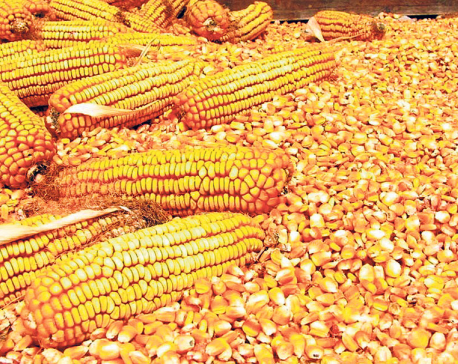
Maize worth 71 billion imported in 10 years
BANEPA, July 24: Nepal is yet to become self-reliant in maize production as the country continues to import, mostly from India,... Read More...
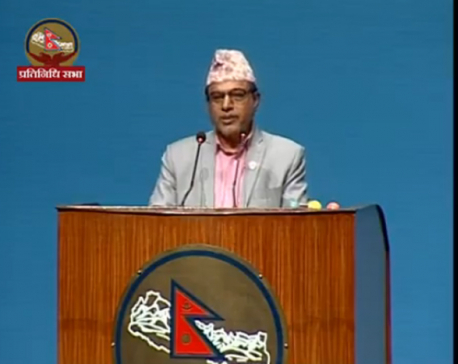
Veggies’ lab test possible only after a year: Govt
KATHMANDU, July 7: Government has said that it will take at least one year to start lab test of the... Read More...
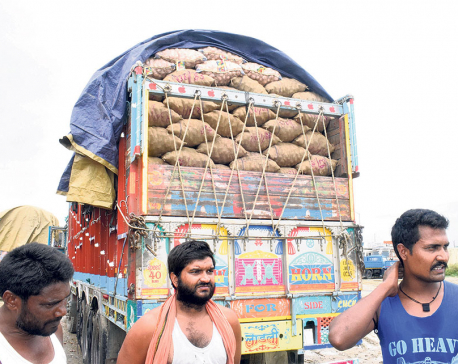
Government steps back from decision to examine veggies, fruits from India
KATHMANDU, July 5: The government has stepped back from the decision to examine the vegetables and fruits that are imported... Read More...




Just In
- NEA Provincial Office initiates contract termination process with six companies
- Nepal's ready-made garment exports soar to over 9 billion rupees
- Vote count update: UML candidate continues to maintain lead in Bajhang
- Govt to provide up to Rs 500,000 for building houses affected by natural calamities
- China announces implementation of free visa for Nepali citizens
- NEPSE gains 14.33 points, while daily turnover inclines to Rs 2.68 billion
- Tourists suffer after flight disruption due to adverse weather in Solukhumbu district
- Vote count update: NC maintains lead in Ilam-2







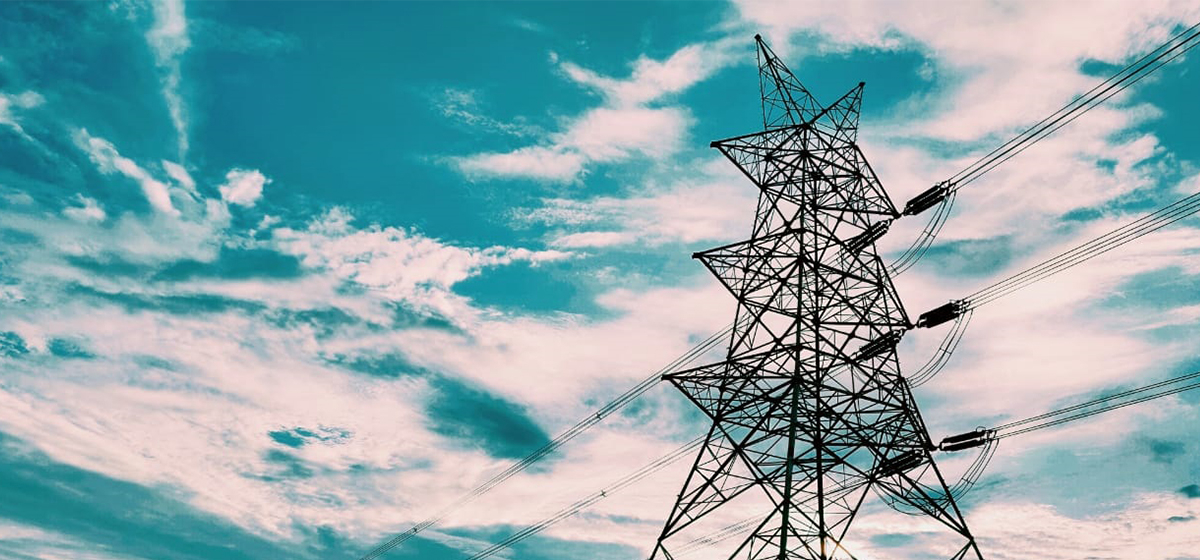




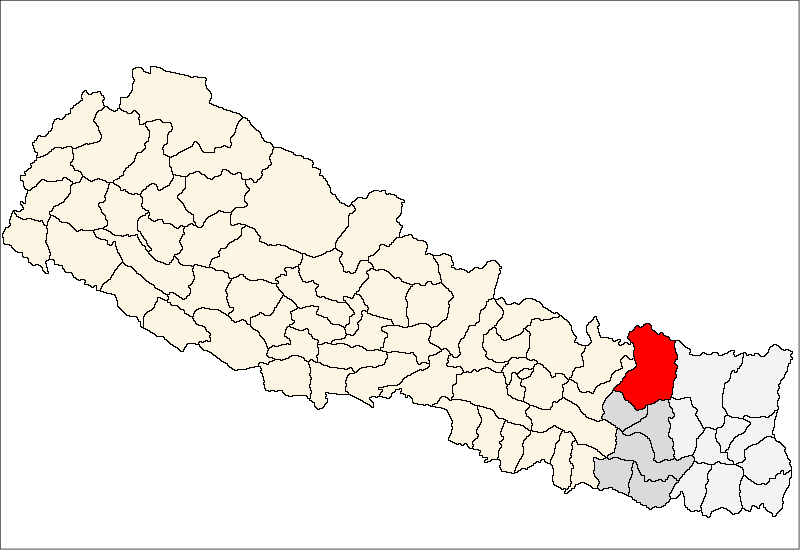
Leave A Comment